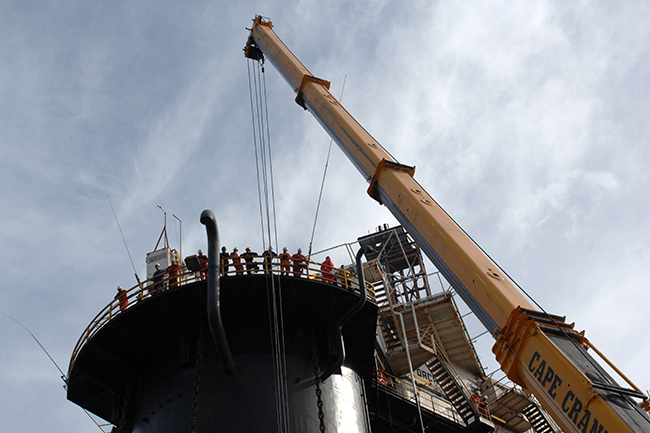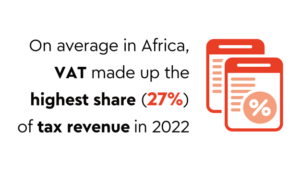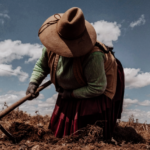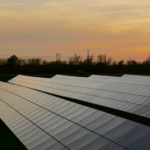Dr Phindile Masangane, CEO of the Petroleum Agency South Africa (PASA), which is the entity tasked by the government to be the country’s custodian of its oil and gas rights, is not only a passionate scientist by training, she is just as enthusiastic about the role the organisation can play in actively engaging with investors to spark a new era in development, with multiple spin-offs for local job creation and economic growth.
According to her, PASA recently implemented a new five-year strategy and has identified five objectives to enable it to deliver effectively on its mandate by ‘capturing the opportunities being presented by the changes in the environment and ensure the agency overcomes the challenges that it faces’. These initiatives are as follows:
- Increasing exploration activity, to move the industry from a predominately exploration phase to development and production phase
- Sustainability, to ensure the company has sufficient financial and human resources to carry out its responsibilities into the foreseeable future
- Advocacy, to provide input into policy and regulations that impact the industry it regulates
- Digital transformation, to adopt new, more efficient technologies
- Operational excellence, to ensure efficiency of its processes.
‘These five strategic objectives will position the agency as a strategic entity of government in its goal of diversifying the energy mix and developing the domestic gas market, embracing digitalisation and automation to improve efficiency, rising to the requirements of the new legislation and finding a place in the global transition towards a low carbon future,’ says Dr Masangane.
She adds that PASA’s value statement remains unchanged. ‘We have, however, recently reconsidered a further aspect of value – that of value representation and creation. PASA delivers value to its shareholders and stakeholders. This value is created for all South Africans; for oil and gas companies investing in opportunities; and for our stakeholders, including the Department of Mineral Resources and Energy, Department of Forestry, Fisheries and the Environment, Central Energy Fund, host communities, and NGOs and NPOs representing interested parties.

‘PASA has been restructured internally in line with the new strategy. IT has been elevated beyond its former role as a support function, to drive the company’s digital transformation. In addition, the agency will now have a communications and stakeholder engagement function to respond to the negative perception about the oil and gas industry.
‘The transition to cleaner fuels and renewables is inevitable if the world is to reduce the negative impact of climate change. South Africa is a signatory to the Paris Agreement and has committed to a “peak-plateau-decline” carbon-emission trajectory,’ she says.
‘The government policy is to diversify the country’s energy mix, which is currently coal dominated, to a lower-carbon future by introducing proportionately higher renewable-energy resources, such as wind and solar, into the energy mix as well as gas-to-power. Gas burns with less than half the CO2 emissions from coal and, additionally, has no SOx emissions. It is thus a suitable transition fuel towards a lower-carbon economy for South Africa, especially since gas-to-power technologies are flexible and would therefore complement the intermittent renewable energy being added to the national grid.’
According to her, the two recent world-class discoveries off the country’s south coast ‘places South Africa at pole position to be a notable gas-producing country. Once indigenous gas becomes available, it becomes much easier for the domestic gas market to develop, including beneficiation of the gas to chemicals’.
The Brulpadda and Luiperd discoveries of gas and condensate are the largest hydrocarbon discoveries made in South Africa to date, she says, and they have opened a world-class exploration play and sparked further interest in deepwater exploration.
‘These results are for only two drilled prospects in the Paddavissie feature where three further prospects remain to be drilled. There could be sufficient gas to feed the Mossel Bay plant at full capacity for more than 40 years. The Paddavissie feature is only a fraction of the Block 11B/12B, therefore these two gas finds do not even begin to represent the full potential of the licence block.
‘Further seismic data to the east has confirmed the existence of another geological feature, named Kloofpadda, which consists of a number of large and encouraging leads. Prospects have also been identified in the north of the block.’
In addition, Dr Masangane describes the country’s various onshore exploration opportunities, which, she says, ‘are represented by unconventional resources such as shale gas in the south-central Karoo; coal-bed methane in the coalfields of the east and northern sectors of the country; and biogenic gas in the Virginia and Evander regions. However, geological analysis is showing that there may well be significant potential for conventional oil and gas resources onshore’.

PASA is also continuing its programme of promoting investment opportunities at oil and gas conferences and exhibitions, locally and internationally. ‘South Africa has a history of political stability; the new administration is widely regarded as business friendly; and the new UPRD bill [Upstream Petroleum Resources Development Bill] will assist the agency in expediting exploration through close management of acreage allocation and work programmes. The bill also empowers PASA to commission multi-client or speculative surveys, enabling the acquisition of data to attract investment. South Africa currently offers an attractive fiscal framework. These positive factors create a conducive environment for PASA to pursue its mandate of attracting investment into the upstream petroleum industry.’
It is important to consider the implications of the passing of the UPRD bill to bring greater certainty to investors as well making clear the link between exploration rights and development rights, she says.
‘Oil and gas exploration and production is currently regulated under the Mineral and Petroleum Resources Development Act, 2002 [MPRDA]. The UPRD Bill will repeal and replace the relevant sections pertaining to upstream petroleum activities in the MPRDA.
‘The draft bill, therefore, provides greater policy certainty and a stable environment for investment in the South African oil and gas sector. The bill provides security of tenure by combining the rights for the exploration, development and production phase under one permit.’
She notes that a total of 21 exploration rights for both onshore and off-shore were issued over the past 18 months, including renewals and new exploration rights.
‘As of December 2020, there is no longer a moratorium on applications for rights onshore, other than those for shale gas in a specified area covering the central Karoo. Other onshore applications continue to be received and processed in terms of the MPRDA. The moratorium for shale gas rights and new offshore applications remains in place and is expected to be lifted with the enactment of the hydraulic fracturing regulations – for environmental management and water use – for the shale gas-extraction technologies.’
Not only is Dr Masangane optimistic about attracting future investors; she also highlights the existing interest in South Africa’s oil and gas resources. ‘You need only take a look at our exploration map on our website – you’ll see that international companies such as Total, Shell, ENI, Kosmos, Africa Energy Corporation, Azinam, Impact Oil and Gas, CNR, Qatar Petroleum and New Age, among others, all hold interests in exploration acreage.’

+ 27 (0)21 938 3500
plu@petroleumagencysa.com
www.petroleumagencysa.com















